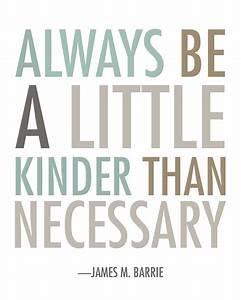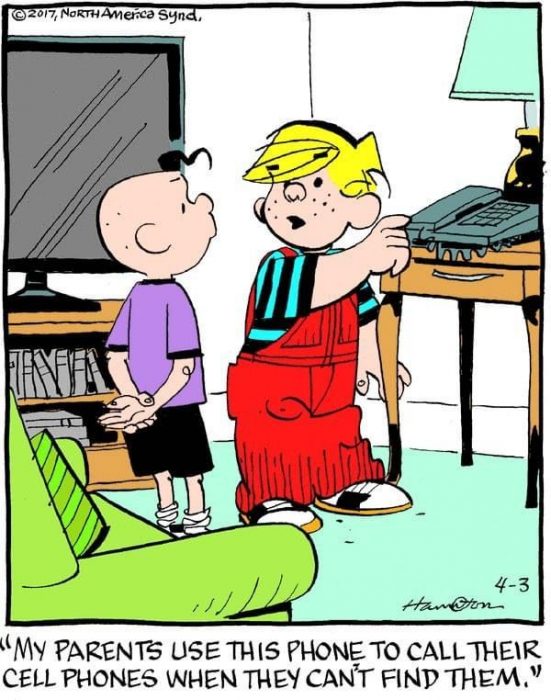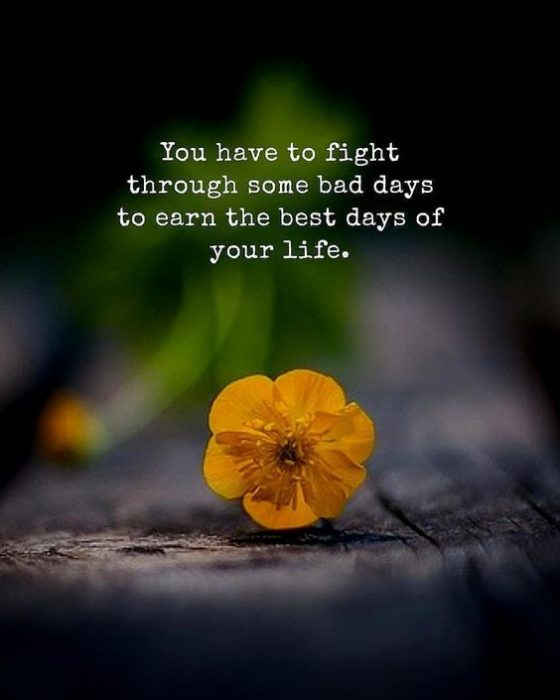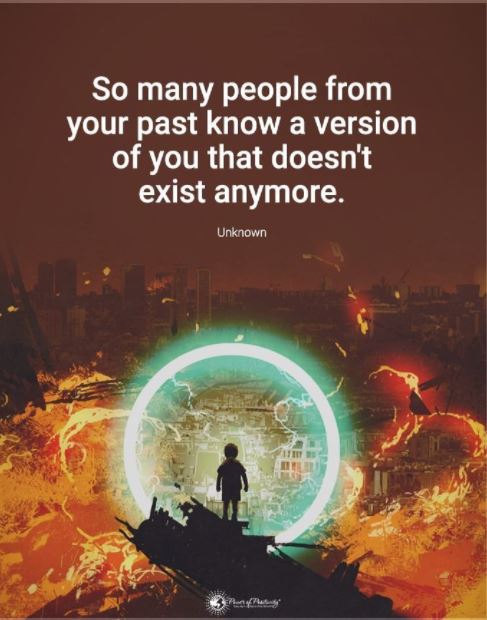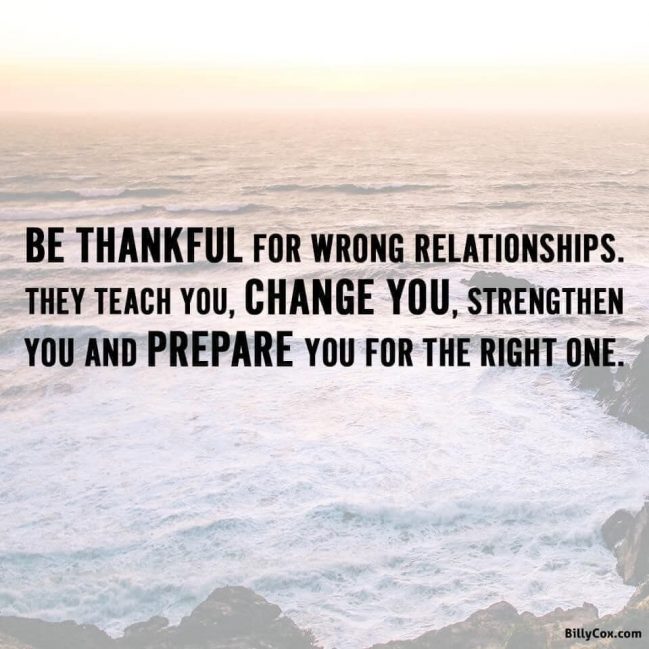
-
A pet’s death can hurt more than losing a fellow human
Social norms are wrecking your grief experience.
 Deposit Photos
Deposit PhotosAs an adult with a puppy well on his way to being over 60 pounds, I hadn’t given much consideration to how I’d deal with other pet deaths until a friend asked me, “this is a terrible question, but what do you do when he dies?”
I dug into the question, and as I did I found that I wasn’t alone in wondering—but that there isn’t a great answer.
The experts I talked to emphasized that our relationship to pet loss has changed over the last century. “It’s not surprising to me that we feel such grief over the loss of a pet, because in this country at least they are increasingly considered family members,” says Leslie Irvine, a sociologist at the University of Colorado-Boulder. Sixty-eight percent of Americans own a pet, an increase of twelve percent since surveys of pet ownership started in the 1988, when it was already booming. Losing a beloved animal friend is made harder by the relative novelty of the experience, often being a person’s first experience with a close death, and by it being one of the few times most people chose euthanasia to end a life. And depending on the relationship, the loss of a pet can be more traumatic than the grief we feel after the death of family and friends. In part, this is because pets share some of our most intimate relationships—we see them every day, they depend on us, we adjust our lives around their needs—and yet publically grieving their loss is not socially acceptable.
We haven’t always felt this way, though. As a society, Irvine says, we’ve moved from thinking of pets as accessories or mindless pieces of furniture to thinking, feeling beings.



